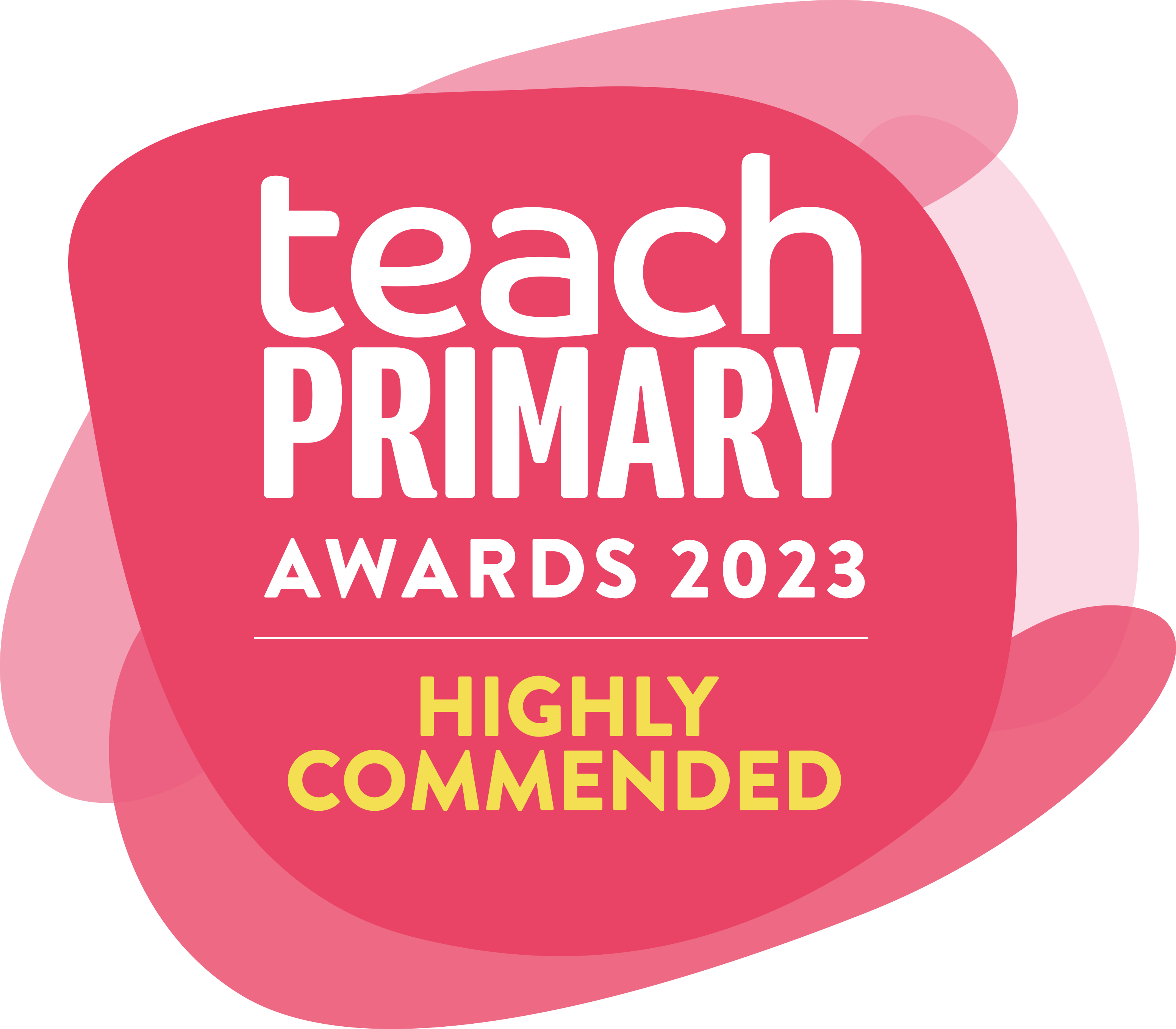Keeping children happy and safe online during COVID-19
Published: 26th March 2020
As UK schools close, or run at a limited capacity as a result of COVID-19, we know that parents and carers are having to manage their child’s use of technology and help them learn remotely. This can feel overwhelming, but we are here to help!
Using the Secondary Digital Leaders training platform at home
Secondary Digital Leaders are able to access our training platform remotely and independently of their teacher. The programme provides a useful learning tool for use at home during this time and Digital Leaders are encouraged to use the additional features on the platform to connect with other Digital Leaders, especially as people find themselves isolated and spending more time online. Educating family members is also a great way to demonstrate the peer-to-peer training aspect of the programme.
Here are lots of other useful resources and tools that you as a parent or carer can use to help ensure your child is safe and happy online.
If you are a school or teacher, make sure that you send this information on to parents and carers in your school community!
Online safety activities you can do from home
As your children spend more time at home and are going to be online more than ever, we’ve pulled together a list of easy-to-use resources. They are broken up into ages and include quick activities, films and plenty more fun ways to engage with your children. From identifying fake news to online bullying – there is plenty for you and your family to use.
We will be adding more content for each age group as time goes on. If there are any particular topics or ways of working you would like to see more of then don’t hesitate to message or tweet us @childnet.
Getting advice and guidance if something goes wrong
As young people spend more time online there is also an increase in the chances they will see something online which isn’t intended for them. Whether this is fake news, impersonation, or mean comments, there are lots of places you can go to for help and advice on how to report this behaviour. Together as a family you can also help prepare your children and build their critical thinking skills.
Making a report
reportharmfulcontent.com is a website designed to help you report anything which you believe shouldn’t be online. There’s guidance about how to report different types of content as well as help with the next steps you can take if your report isn’t actioned by the site or service you have made it on.
Speaking to someone
For young people – depending on the age of your child there are a range of places they can go to for help. For younger children they can call Childline for help and support, and for older children The Mix offer free and practical advice.
For parents and carers – The O2 and NSPCC helpline can help you with any questions or concerns you may have about keeping your child safe online. They can provide you with advice and help to troubleshoot any problems your family may be facing.
For educators or professionals – The Professionals Online Safety Helpline will continue to operate Monday to Friday 10:00am – 4:00pm. This helpline can assist with any online safety issues or concerns any professional working with children and young people may have. For help and support, please email [email protected]
Making the most of the internet as a family
A family agreement is a great way to start a conversation with your whole family about how you all use the internet. As you have everyone at home, it’s a fantastic way to set boundaries and discuss how you are all going to use technology during this time. Where is tech going to be used in your home? How are you going to share it and what times of the day can different family members have access? It’s also a great way to discuss how to behave online and talk about what happens if something upsets or worries your child.
As a parent or carer, the best tool to support your child in leading a happy and safe life online is open conversation. Our Parents’ Guide gives advice on how to begin these discussions, how to work together as a family to support your child online, and how to handle difficult conversations or situations.
Topic specific advice for parents and carers
From livestreaming and parental controls, to grooming, our website has advice for parents and carers on a range of topics.
Staying connected with your peers
We are seeing some ingenious ways of people keeping in touch using technology, from virtual PE lessons with The Body Coach on YouTube, to year groups having Skype calls at the time when school breaks would be. There are so many ways that young people can stay connected during this time.
We would love to know how you are all staying connected during these school and work closures. Be sure to share your plans with us on Twitter @childnet.
This blog post was originally posted on the Childnet website.



